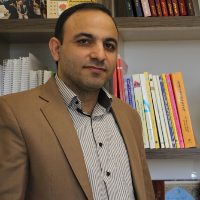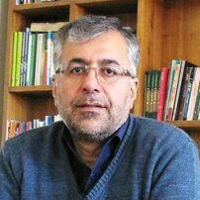Investigating the Effect of PERMA Flourishing Educational Program on the Quality of Life of Adolescents with Hearing Impairment
The aim of this study was to investigate the effectiveness of PERMA flourishing educational program on the quality of life of adolescents with hearing impairment.
The research method was a semi-experimental intervention with a pre-test and post-test design with a control group. The statistical population of this study included all adolescents with hearing impairment aged 14 to 17 years in Kashan city. 28 adolescents with hearing impairment were selected by simple random method and divided into the experimental (n = 13) and control (n = 15) groups. The experimental group participated in 10 sessions of 90 minutes (two sessions per week) in PERMA flourishing training program, while the control group did not receive any training program and remained on the waiting list. Measurement tools included the Youth Quality of life Instrument for Deaf and Hard of Hearing Youth (YQOL-DHH, 2011). To analyze the data, Multivariate Analysis of Covariance (MANCOVA) was used, which was analyzed using SPSS software (version 26).
The findings showed that PERMA flourishing educational program had a positive and significant effect on the components of self-acceptance/advocacy, perceived stigma, and participation of adolescents with hearing impairment (P = 0.0001), and according to eta squares 65, 86 and 55 percent of the changes were due to the effect of the intervention.
Therefore, in order to improve the quality of life in adolescents with hearing impairment, PERMA flourishing educational program can be used.
- حق عضویت دریافتی صرف حمایت از نشریات عضو و نگهداری، تکمیل و توسعه مگیران میشود.
- پرداخت حق اشتراک و دانلود مقالات اجازه بازنشر آن در سایر رسانههای چاپی و دیجیتال را به کاربر نمیدهد.




